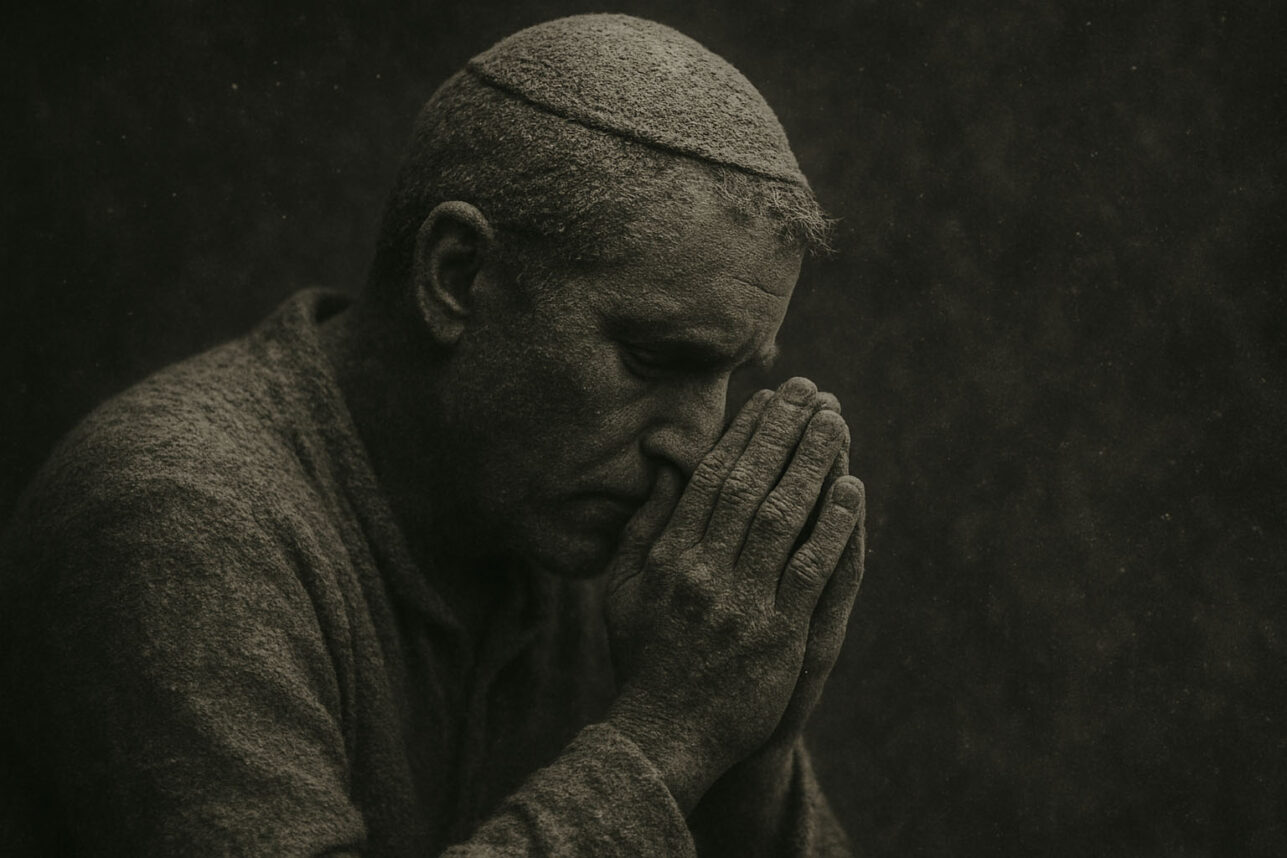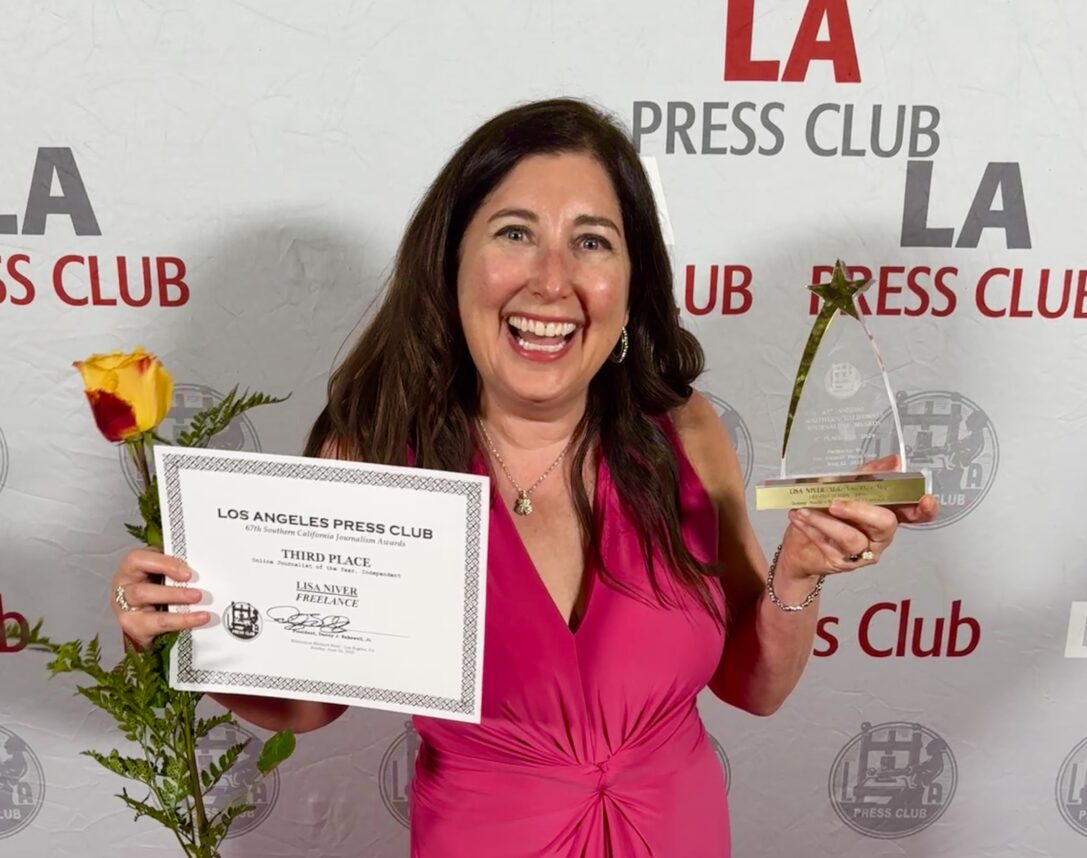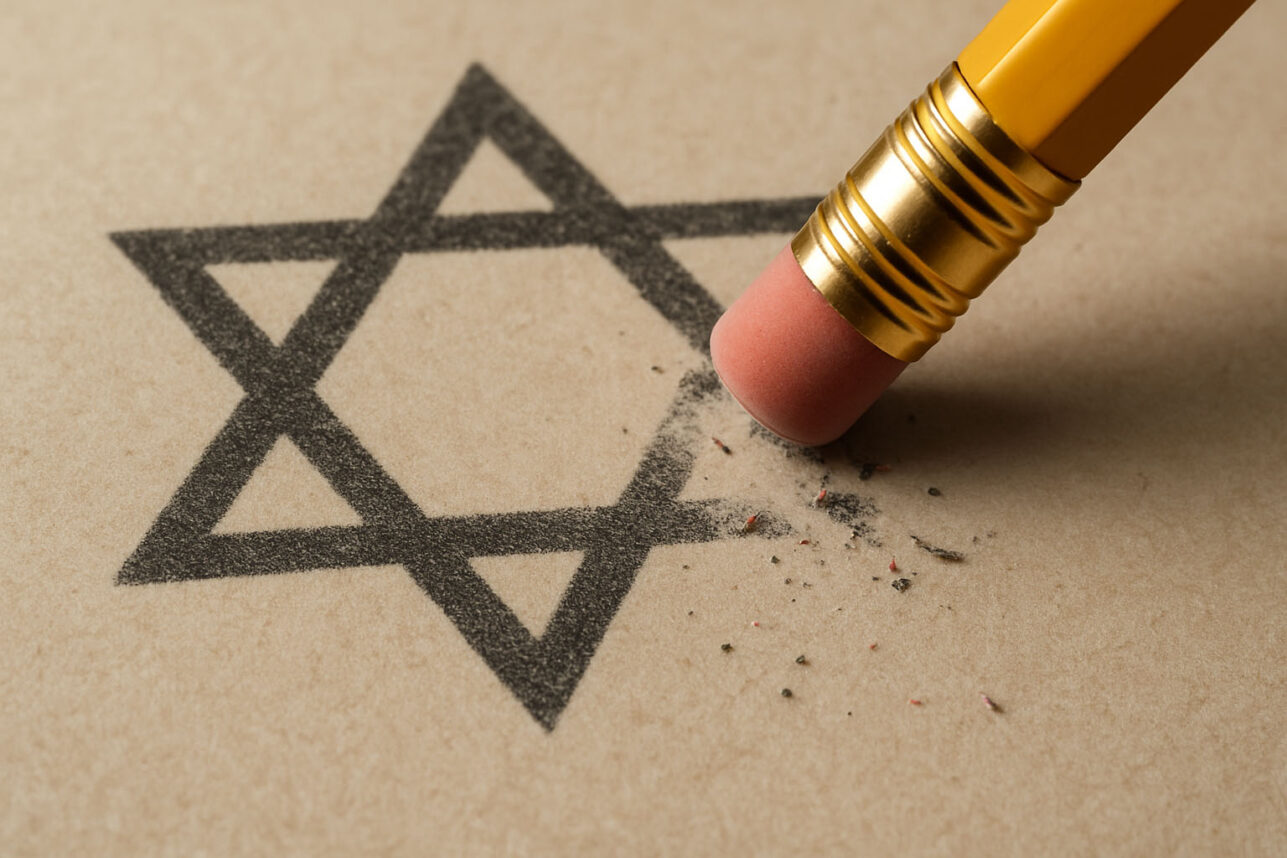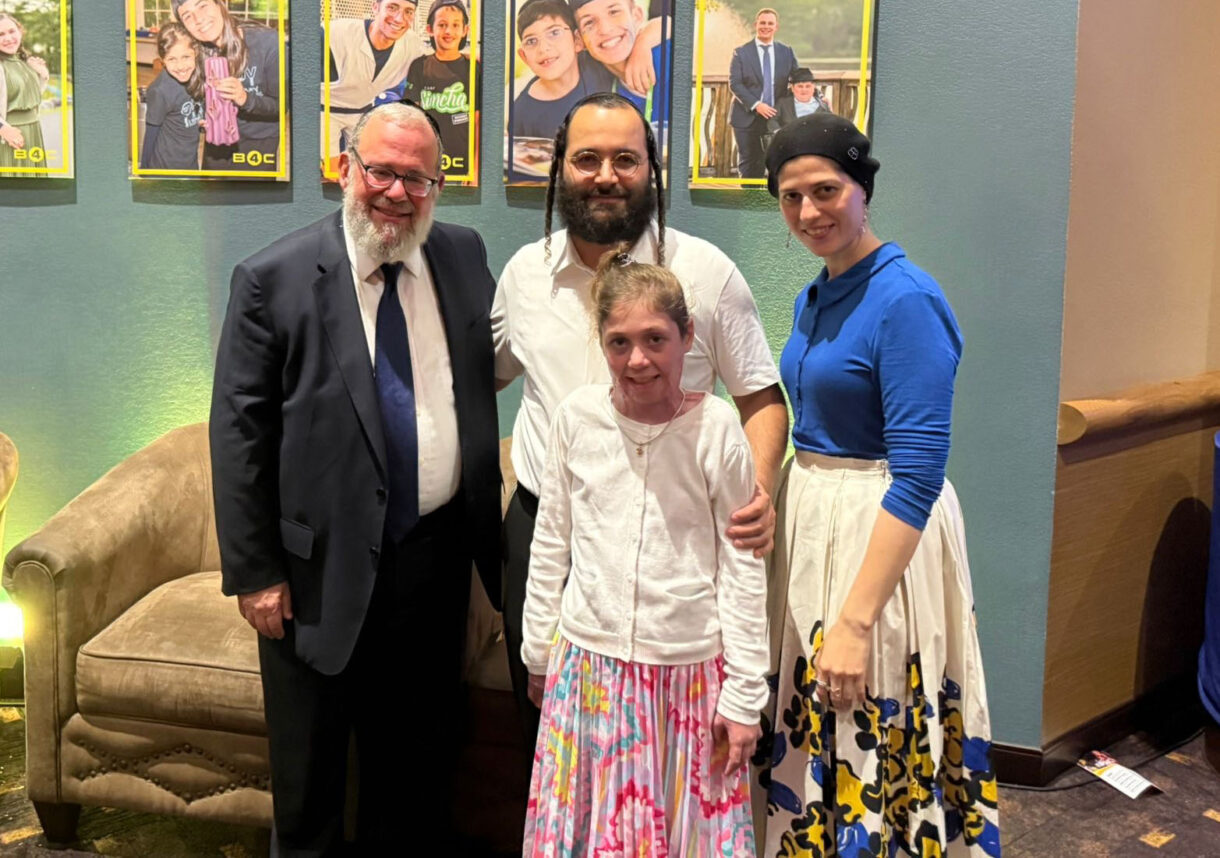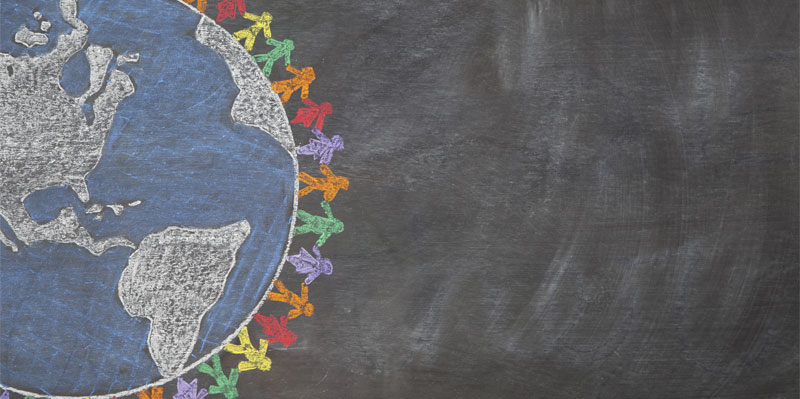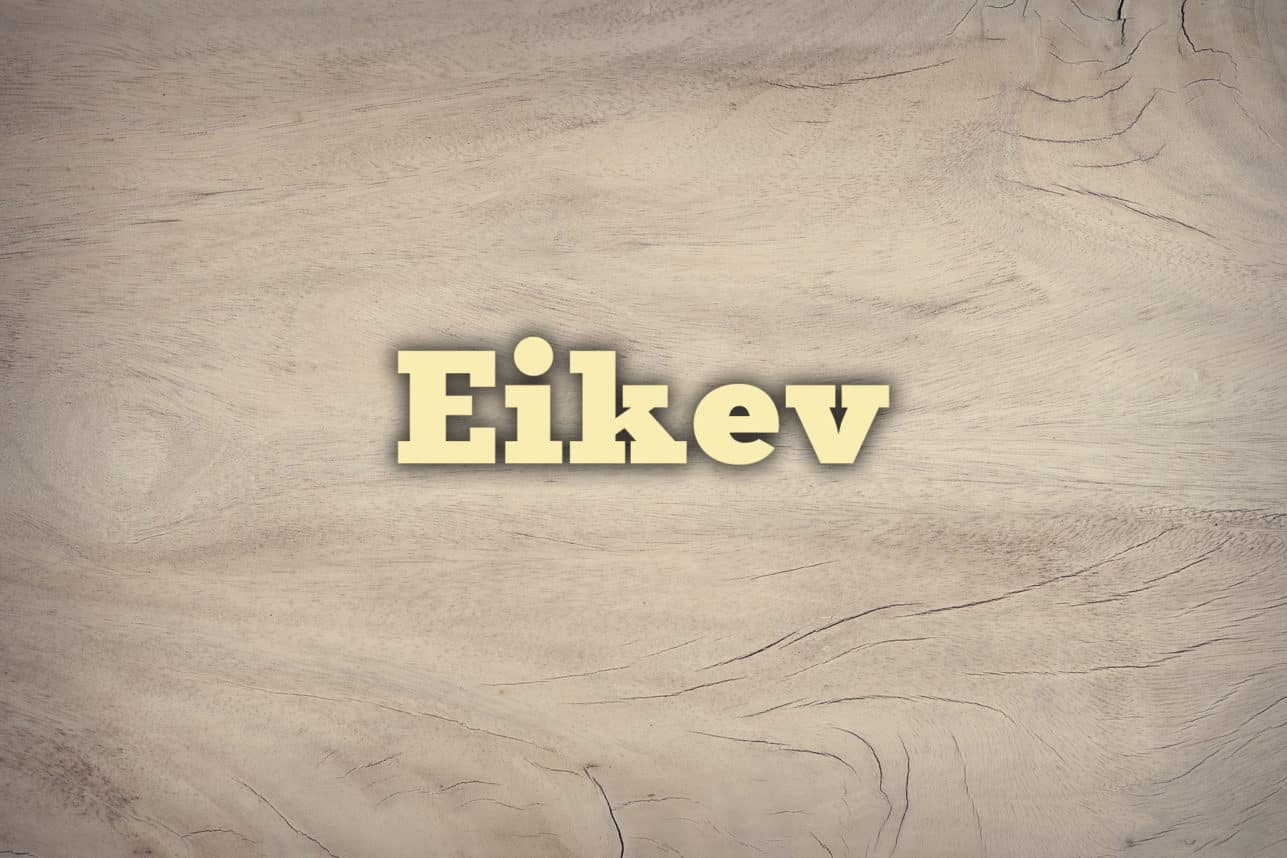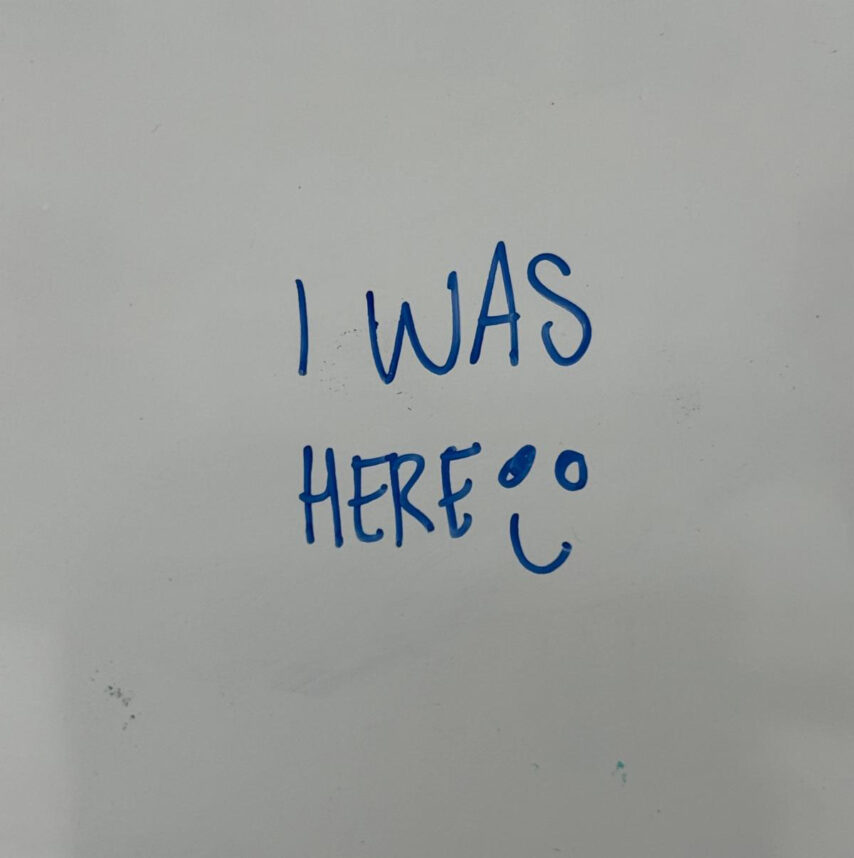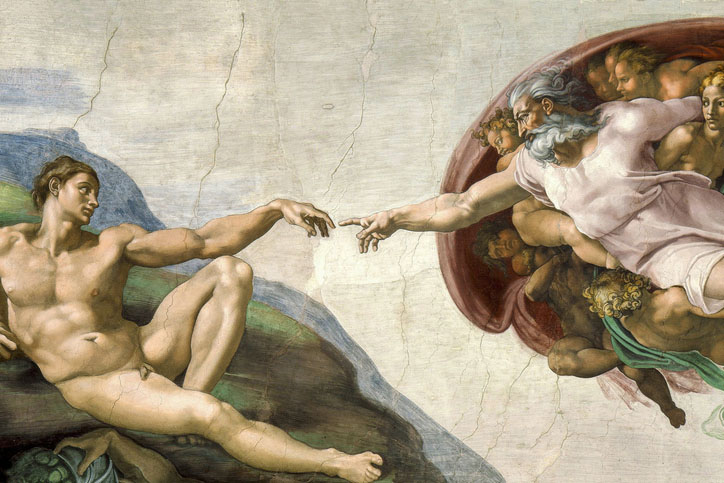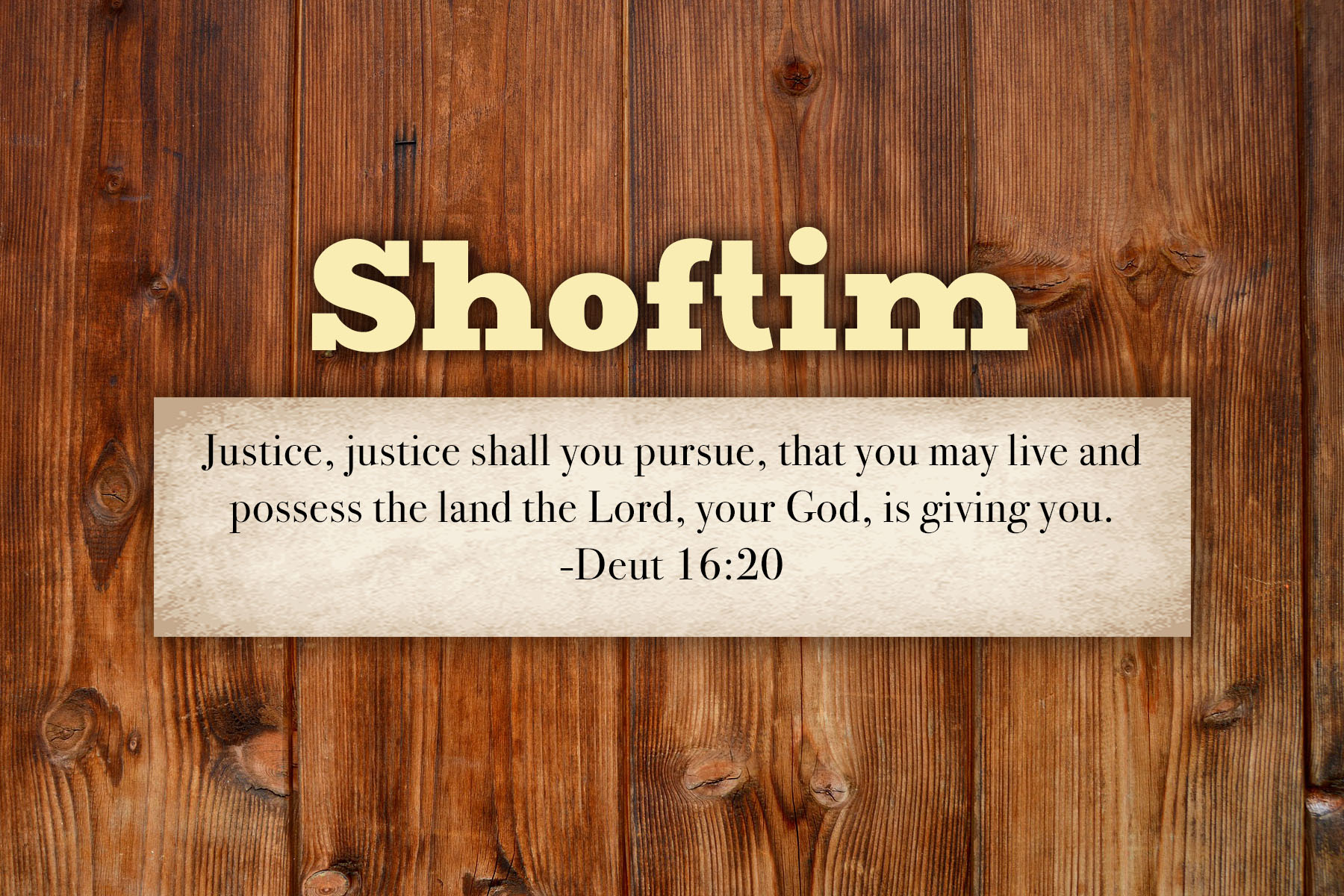
One verse, five voices. Edited by Salvador Litvak, the Accidental Talmudist
Justice, justice shall you pursue, that you may live and possess the land the Lord, your God, is giving you.
-Deut 16:20
Rabbi Chaim Singer-Frankes
Chaplain, Kaiser Panorama City Medical Center
The late social activist Abbie Hoffman was asked if he believed in the Beatles lyric “Love is All You Need.” He paused, and a wry grin curled across his lips; “it’s nice, it’s nice,” he said, “but what you really need is justice.” When observing all the havoc wrought by nature—from convulsive weather and earthquakes to the innocent fawn savagely torn to shreds by a hyena—it is easy to conclude there is no organic justice. Another contemporary of Hoffman’s sang, “He who made kittens put snakes in the grass.” In short, the world is cruel.
And so, it is reasonable to conclude that the Torah uses a doubling of the term tzedek, justice, for emphasis as an inducement for humanity to pursue an essential principle, which is also bitterly absent in our own nature.
God legislates justice, so we have no excuse for ignoring it. But why with a repetition of words? Think of Ramban’s maxim that The Torah “has neither a superfluous nor a missing letter.” Is then the doubling of tzedek meant to achieve something other than underscoring?
The third century amora Reish Lakish teaches its meaning “to be deliberate and not rush to judgement,” while Maimonides, eight centuries later, explains it as admonishment to “consult with others” in adjudication. A most evocative interpretation emerges from the Midrash in Devarim Rabbah (6-9th century) where we find an allusion to pairs of purposes in seeking justice; “to bridegroom and bride, to heaven and earth, to this world and the World to Come.”
Miriam Yerushalmi
CEO SANE, counselor, author “Reaching New Heights”
Tzedek, usually translated as justice, is also the root of tzedakah, charity. The Tanya teaches that charity is also called “peace,” and through peace, the vital Divine spark within every person can be aroused and brought forth.
Why is the word tzedek repeated? It hints at many meanings. One explanation is that charity has a twofold purpose: it redeems our soul, and it brings peace to the land of Israel, “so that you may live there.” Charitable acts, whether spiritual or physical, done to benefit the land of Israel are very close to Hashem and particularly redemptive; the good we do in this world draws down spiritual forces that protect and enlighten us. How does it do that?
King David writes, in Tehillim/Psalms, “Tzedek lefanov yehaleich – Justice shall go before Him.” The Tanya teaches that the root of “lefanov” is the same as that of “penimius, inner essence,” and “yehaleich” is connected to “holachah, leading.” The Tanya thus interprets it, “Charity exposes our innermost soul toward Hashem.”
Charity brings peace among people, and between the Jewish people and Hashem. Wherever you are, your charity allows you to attain the blessings of the land and to “possess” it, to uncover its physical treasures—its water, its mineral resources, its produce—and make them your own, but also Tzedek, Tzedek: you will uncover and possess its spiritual treasures, including the knowledge of Hashem, and in turn, this will enable you to uncover the spiritual treasures within your innermost soul. Therefore, it’s so beneficial to give and give again!
Erez Safar
Torah/Kabbalah columnist www.lightofinfinite.com
Rashi says that the justice in this pasuk refers specifically to appointing worthy judges and explains that that institution of justice will give the Jewish nation the merit to stay alive and settle their Promised Land. We literally reached our promised land by virtue of our commitment to justice. But beyond the story of the Jews in the desert, this pasuk teaches how each of us can reach our own promised land and find personal redemption.
Every day we see and hear people fighting, building walls with their words, forming judgments toward other people that change the way they can exist together. But when people put aside their egos and speak peace into existence, choosing to extend humane compassion to each other, then they can reunite and coexist in peace. And it is only through peace that blessings flow. The Zohar teaches: “By the way one handles anger, one can recognize who one is. If a person guards one’s soul at a moment of anger and does not allow it to be torn from its place…this is a complete person.” ‘Shalom’ means peace and ‘shalem’ means complete, so we are only complete when we are at peace.
As we reveal the Divine Light that is so often concealed in this world, in anticipation for the final redemption, we have to pursue justice and as much peace as we can. We have to choose to be slow to anger and quick to showing love and give of oneself. As it says in Isaiah, “Open up, O Gates, that a righteous nation may enter.”
Rabbi Tal Sessler
Dean of the Rabbinical School, Academy for Jewish Religion
When Albert Einstein was asked what are the things that make him particularly proud to be Jewish, he mentioned our people’s desire for “personal independence,” our insatiable “love of learning,” as well as our people’s “almost fanatical love of justice.”
Our people’s “almost fanatical love of justice” is famously and poignantly celebrated in our verse. The question is: why is the word “justice” written twice in our verse?
It is a fundamental hermeneutical principal of Rabbinic Judaism that no word written in the Torah is superfluous or insignificant.
Surely, according to this interpretive rationale, the repetition of the word “justice” twice in our verse is no mere stylistic literary ploy or linguistic happenstance. Rather, the repetition of the “justice” comes to teach us that we are to be “almost fanatically” dedicated and devoted to the pursuit of justice on two parallel tracks, namely the public arena and the private arena.
The public arena pertains to social and political justice writ large. The private realm is about pursuing justice in my private life, whenever I encounter bullying, prejudice and other such morally defective behavior in my own life, say at the workplace, or within my social circles.
It is one thing to pursue and to support justice in the abstract, in the collective realm. It is quite another thing to do so in the private realm, in which you might incur a professional or social risk by putting yourself on the line and standing up for a specific human being.
Rabbi Cheryl Peretz
Associate Dean, Ziegler School at AJU
Our modern system of justice feels broken. Guilty are found innocent, the innocent are not protected, and our courts feel like political battlegrounds. True justice can be elusive. Yet, this verse teaches pursuing justice is not a personal option or political choice. It is the only path through which we can ultimately live life to its fullest.
Recognizing that Moses cannot be the sole arbiter of justice, the proceeding verses specify the need for judges and magistrates and the caution against partiality and bribes. Still, there is no shortage of attempts over the centuries to understand the meaning of this commandment: Appointing honest judges assures future life and ability to live in the land (Rashi); Pursue justice whether one gains or loses (Ibn Ezra); The doubling of the word justice is to emphasize the need to use just measures in the pursuit of justice (Ramban). All are important messages and serve as worthy guidance as we navigate the needs of our broken world.
There is another explanation especially important as we move towards this High Holiday season. Sefer HaBahir (Book of the Brightness) sometimes attributed to Rabbi Nechunya ben Hakanah comments: “If you judge yourself, knowing whence you came, and whither you are going, and before Whom you are about to give account and reckoning, you will live.”
The expectation and judgement of how others pursue justice can only come when we begin with the self-reflection and evaluation that demands accountability for the same measures of compassion, fairness and honesty.









